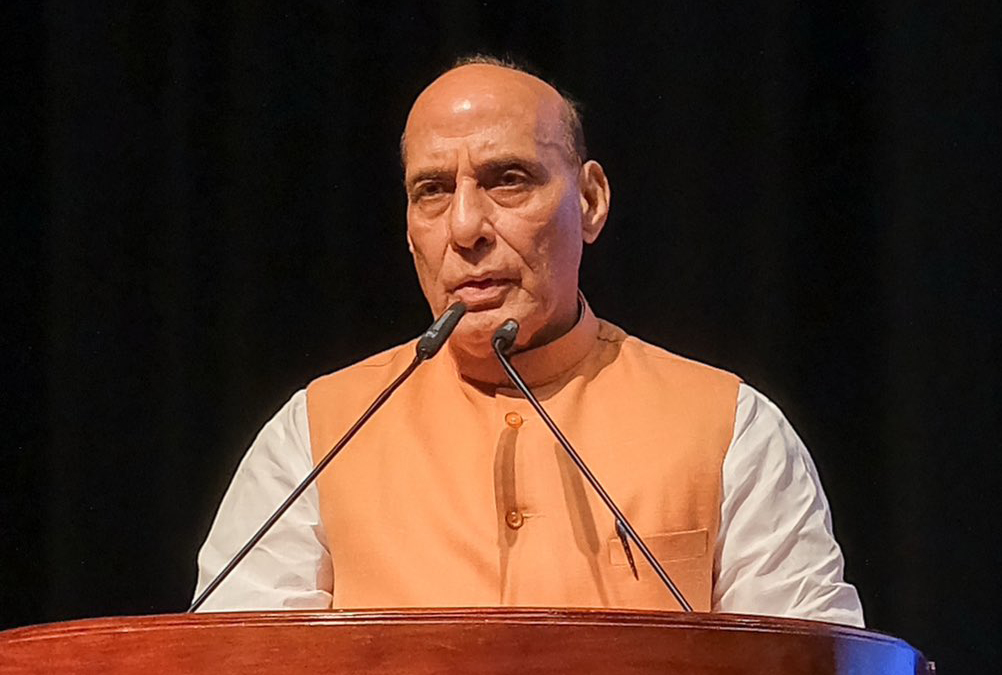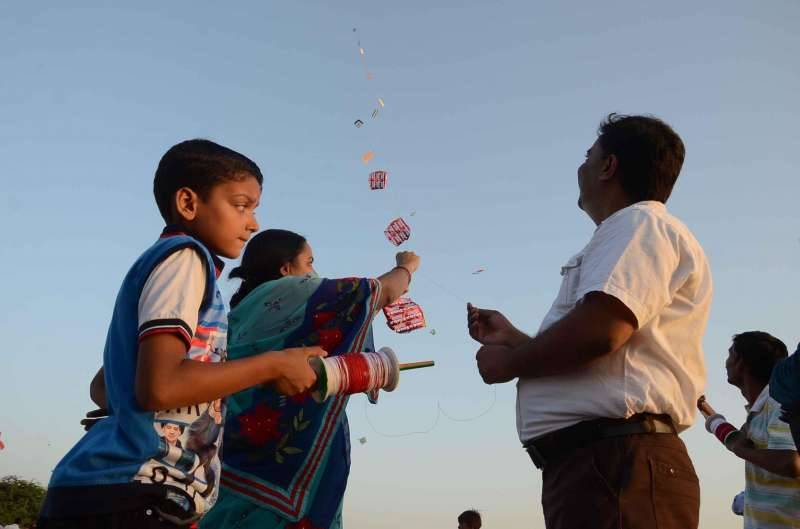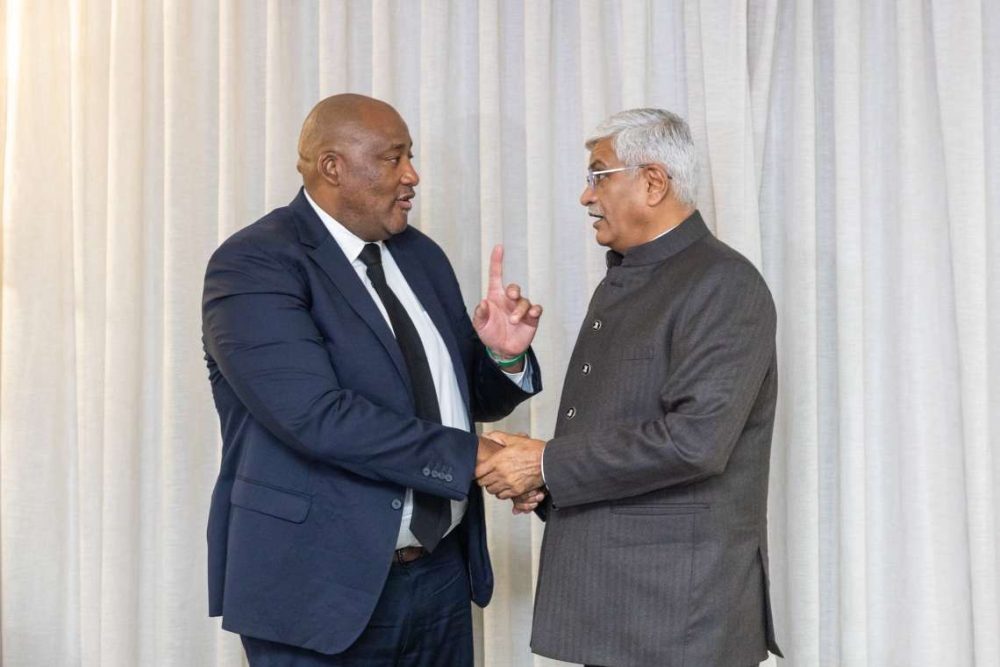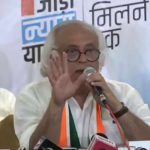The submissions have been made in a PIL filed by Upadhyay seeking action against political parties for “irrational freebies”…reports Asian Lite News
The petitioner against the ‘freebies’ promises during polls has told the Supreme Court that the country’s two highest economic bodies have expressed concern on their distribution by the state government and emphasised that before distribution and/or promise of freebies, an “economic impact assessment” is essential for a sustainable economy.
Senior advocate Vijay Hansaria, on behalf of the petitioner, advocate Ashwini Upadhyay, said: “It is submitted that two highest economic bodies of the country have expressed concern and long-term impact on the distribution of freebies by the states without proper fiscal and budgetary management. It is submitted that before distribution and/or promise of freebies, an ‘Economic Impact Assessment’ is essential for a sustainable economy.”
The submissions have been made in a PIL filed by Upadhyay seeking action against political parties for “irrational freebies”.
Hansaria contended that under Article 293(3) of the Constitution, the state government cannot raise any loan or borrow money where the loan of the Union government is outstanding, and in such circumstances, borrowing can be made only with the consent of the Centre and it can impose such conditions as it thinks fit under clause (4).
“It is submitted that the state governments have been borrowing money even when the loan from Government of India is outstanding without complying with the requirements of Article 293(3) and (4). It is necessary to have a strict enforcement of these provisions including a ‘system of credit rating’ being introduced for grant of credit facilities to the state government”, said the submissions, filed through advocate Ashwani Kumar Dubey.
The petitioner urged the top court to constitute a Committee of Experts to make recommendations after examining the practice of making electoral commitments involving financial resources (freebies) without adequacy of budgetary provisions and suggest remedial measures, formulation of a comprehensive policy to reduce debt to GSDP (Gross State Domestic Product) ratio of the states, formulate principles of debt sustainability and fiscal discipline of the state government, and prepare an ‘Economic Impact Assessment’ module to be published an before any freebies are announced or distributed by the state government/ political parties etc.,
On August 3, the Supreme Court, while hearing Upadhyay’s PIL, had acknowledged that some help to the poor is required, but it also wanted to know the impact of freebies on the national economy. The top court had sought suggestions from stakeholders and recommended setting up an expert panel to scrutinise the issues associated with “irrational freebies”.
The top court asked stakeholders like the Centre, the NITI Aayog, the Finance Commission and the Reserve Bank of India, to brainstorm on the issues associated with freebies announcement during polls.














